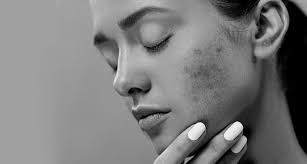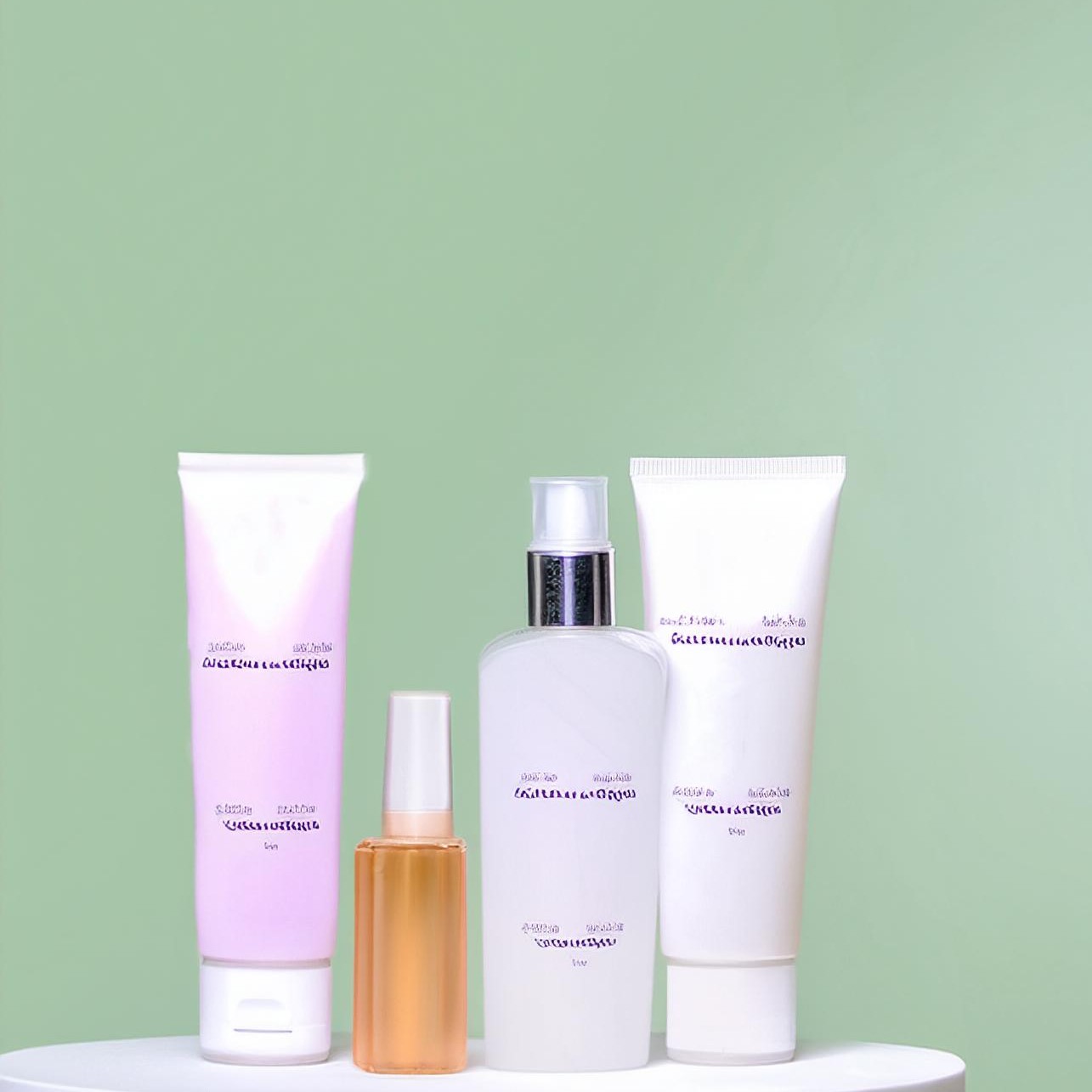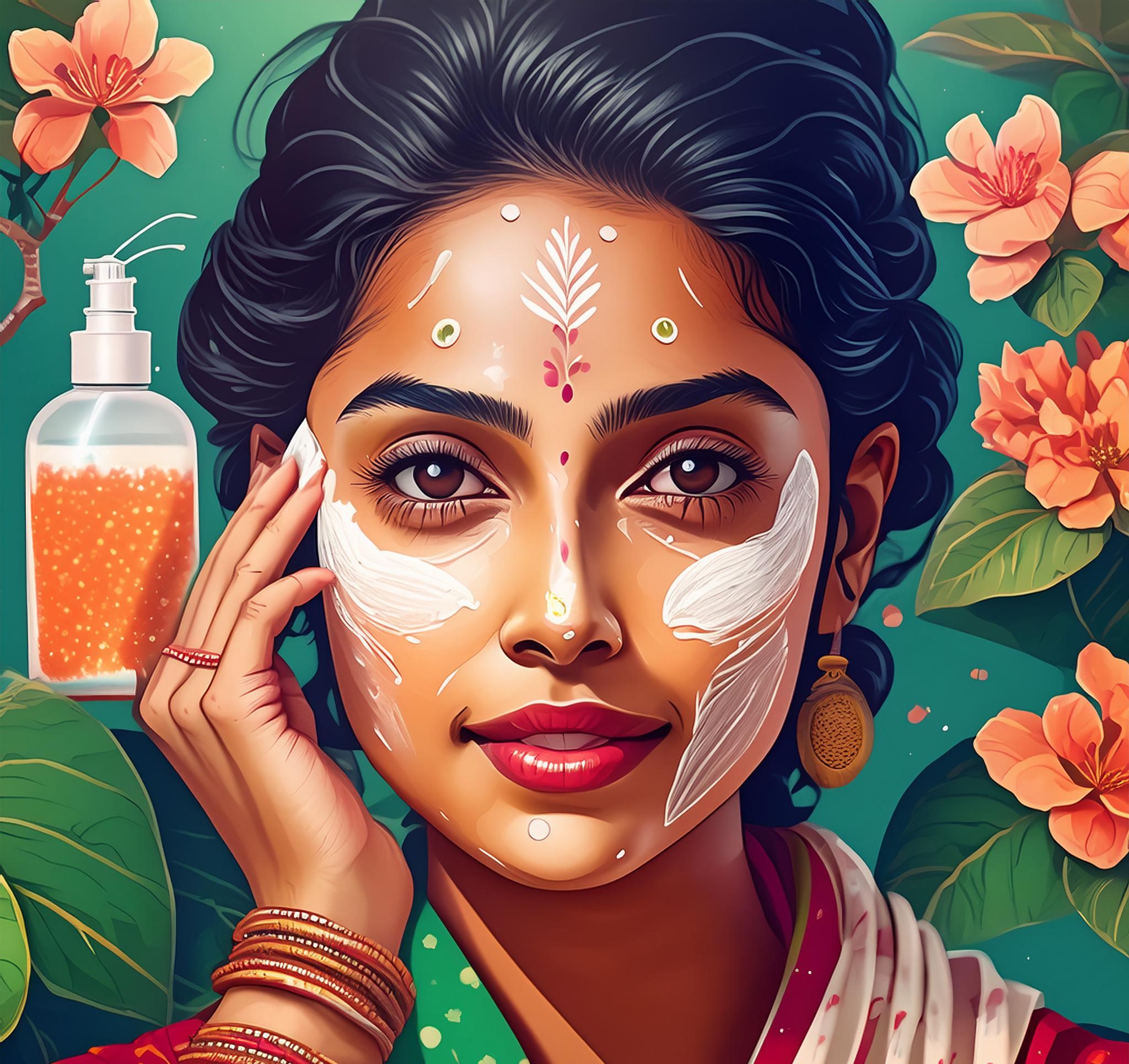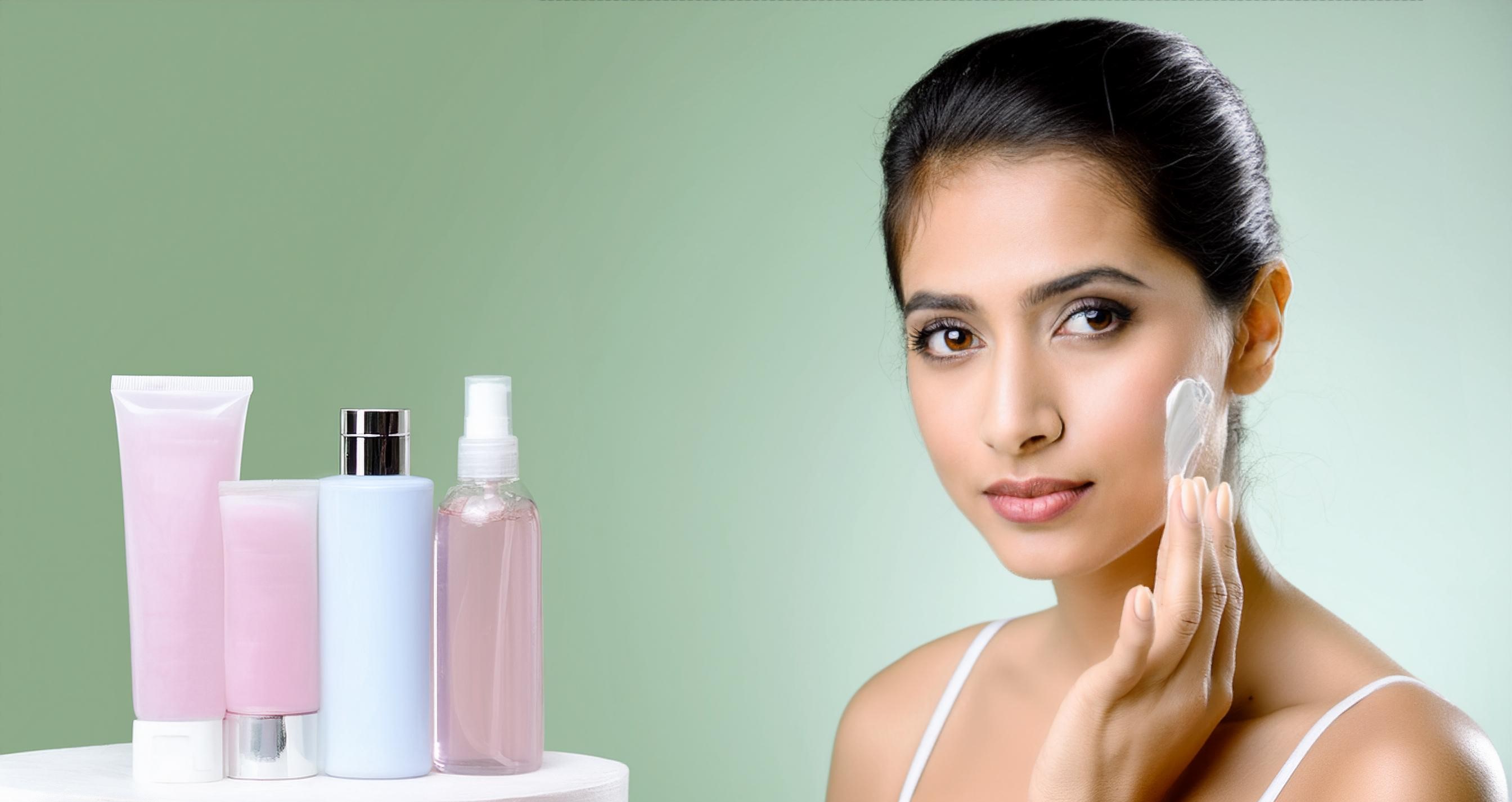Acne on the skin could be a common skin condition that happens when hair follicles get clogged with oil and dead skin cells. It frequently shows as pimples, clogged pores, or whiteheads, and can show up on the face, neck, chest, back, and shoulders.
What causes acne?
Clogged hair follicles or pores cause acne on the skin. Your hair follicles are little tubes that hold a strand of your hair. There are a few organs that purge into your hair follicles. When as well as many things are accumulated inside your hair follicle, a clog happens. Your pores can clog with:
Sebum:
A sleek(oily) substance that acts as a protective barrier for your skin and protects your skin from damage.
Microbes:
A few organisms are generally present on your skin. In case you've got as well many microbes, it can clog your pores resulting in acne.
Dead skin cells:
Your skin cells shed regularly to create room for more cells to develop. When your skin discharges dead skin cells, they can get stuck in your hair follicles and clog the pores resulting in acne.
Foods:
Foods that are high in sugar, skim milk, fried foods(high saturated fats), white bread, pasta(high glycemic index), fast foods, chocolates etc can also cause acne.
Others:
Pregnancy, periods, popping existing pimples, cleaning or rubbing your skin harshly, and makeup like oil-based products can also cause acne.
*When your pores clog, substances build up in your hair follicle, making it a pimple. This triggers inflammation, which you are feeling as pain and swelling. You'll be able to see aggravation through skin discoloration like redness around a pimple. *

Tips to control Acne:
1)Clean Face:
Wash your skin at least twice a day with warm (not hot) water to remove dead skin cells, excess oil, and impurities from the surface of your skin, and a gentle cleanser for your skin type. Cleansers are over-the-counter skincare items that offer assistance clean your skin. Gently wash your face after sweating. Select a delicate, non-abrasive cleanser. Apply it with your fingertips, as cleaning with washcloths, wipes, and other tools can irritate your skin. Whether or not you have acne on your skin, using harsh soaps and washcloths can irritate your skin, a glove that exfoliates the skin, and a loofah to scrub the face can best help in cleaning the face.
2)Moisturizing the skin:
Moisturizers offer assistance to skin to remain hydrated, which is essential for acne-prone skin. On the off chance that your skin gets as well dry, it'll create oil (sebum) to offset the dryness. A few moisturizers contain oil, fragrances, or other components that will aggravate your skin and cause pimples. Choose a fragrance-free and noncomedogenic moisturizer. Use a moisturizer that helps you to minimize dryness and skin peeling. There are moisturizers made for every skin type so choose a moisturizer that suits your skin.
3)Ace Friendly Products:
This acne on the skin does not require a medicine. Most of them have components such as benzoyl peroxide, salicylic acid, glycolic acid, or lactic acid, which eliminates and dry your skin. They may cause drying or peeling so begin with a small amount at, to begin with. Another alternative could be a modern OTC topical retinoid gel (Differin 0.1% gel). It works to keep the skin acne in control. Utilize these items with caution if you've got delicate skin.

4) Makeup:
Makeup can also clog pores and lead to acne, read the ingredients list before buying any makeup products that suit your skin, and choose the noncomedogenic products. Make sure to clean your face and remove the makeup before you go to bed.
5)Do not touch your face frequently:
Do not touch your face with your hands more often than not only transmits bacteria to your face but also irritates your skin and causes inflammation, do not pop your existing pimples that result in infection and scarring.

6)Limit time under the sun:
Limit sun exposure that can dehydrate the skin produce excess oil and clog the pores, do not go under the sun, especially between 10 am to 4 pm when the sun rays are harmful to the skin causing redness, and inflammation. Use a sunscreen that suits your skin before going out.
7)Exfoliating the skin, using tea-tree oil, aloe vera gel, Epsom salt, lemon juice, and apple cider vinegar can also help in controlling the acne.
8)Do not self-treat and use the acne triggering products try to consult with your doctor(dermatologist) before self-diagnosing the condition if you have severe acne-prone skin.
It takes time to control acne on your skin, so do have patience, and do not hesitate to consult with a dermatologist who can help you to reduce acne and also save you from having acne scars.
